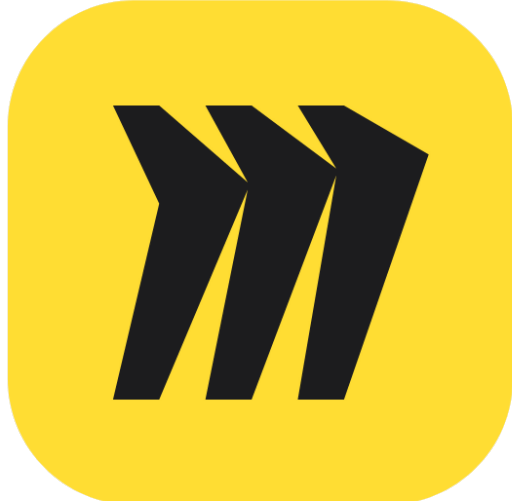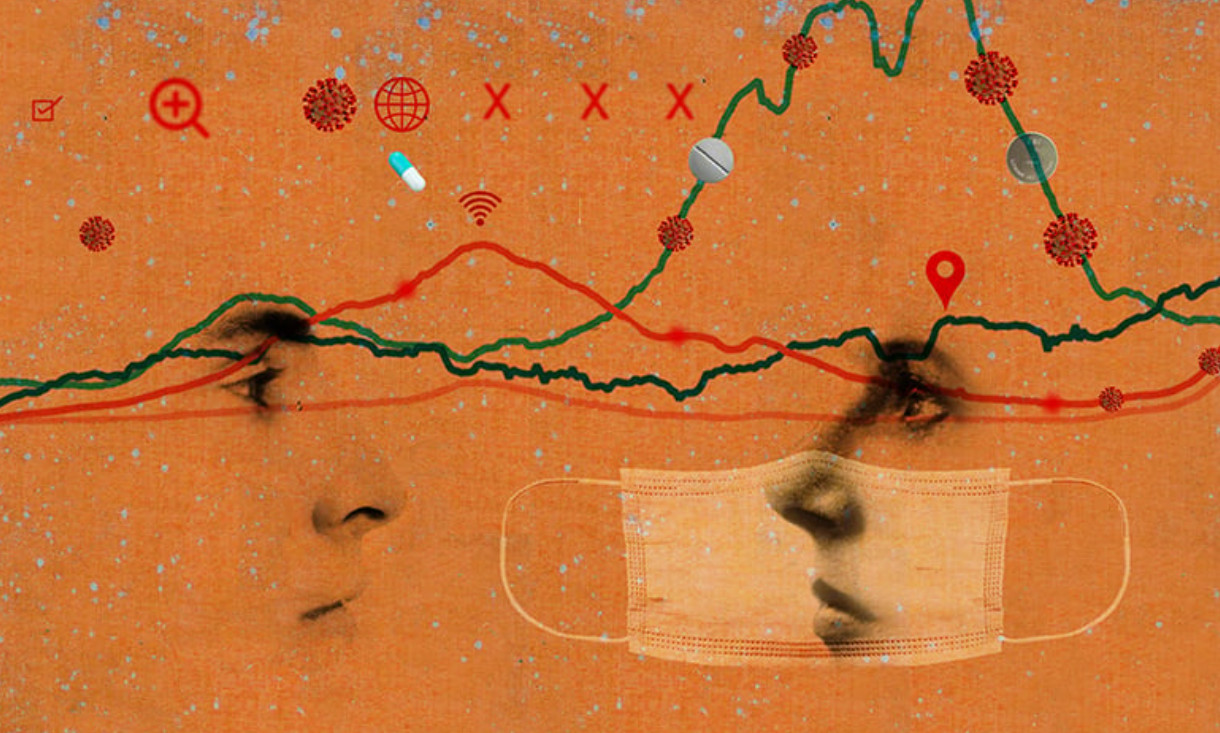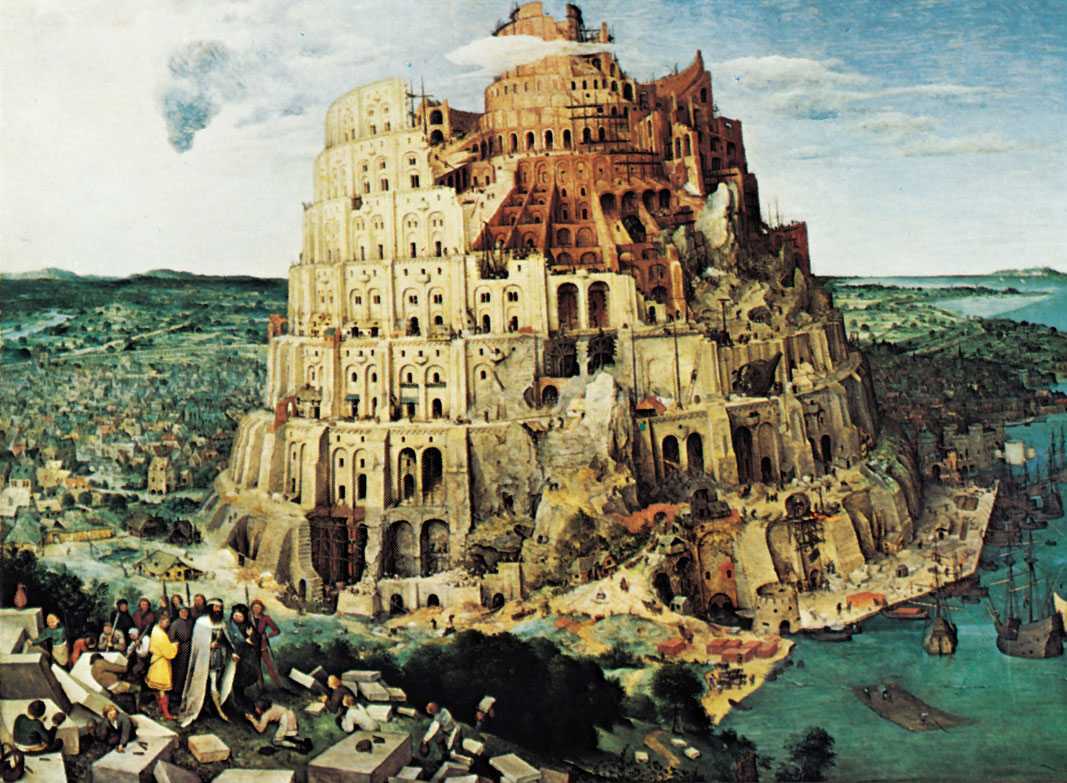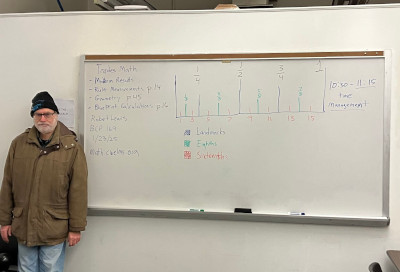For the first time in my attenuated life, I am delivering a course in
Digital Life Skills- 3 classes (every November Friday afternoon)
- 3 hours each
- 3 students at each of 5 tables.
I will deliver the curriculum via our website, diglit.cwelms.org, designed for a smart phone, class assignments posted to Padlet, for collective feedback. In the physical classroom, a projector will beam to a 10′ x 25′ wall, where our 15 students can comfortably view their work.
At our last meeting, I was wisely advised to identify which chunks I already have on hand, and which I haven’t. Two meetings ago, I realized I didn’t have any “arcs” running through my three classes. I chose to design a phone video shoot, expressing comedic relief to banal frustrations we all experience when dealing with government bureaucracy, across the 3 classes.
The development of the first class I definitely have locked in, most of the second. This weekend I will produce all of the materials needed for them.
I’ve also more-or-less worked out another arc: an iterative process for students to hone various digital skills throughout the themes of the several classes.
Week #1
Iterate x on [MOOC class, job posting, NewEgg computer]
- Imagine something in x you have interest in.
- Translate your interests into “drop down” categories on an x website.
- Make queries/research to explore your interest.
- /Padlet your findings.
Week #2
Iterate array x on [Child Care, Voter Registration, Social Security, NY State of Health, NYC mycity, library card, …]
- Imagine something in x that you want to use to improve your quality of life (“QoL”).
- Translate QoL into a list of personal data you need to complete x‘s online forms.
- /text and /Padlet your list.
These iterations are hardly creative, except when compared to existing “Digital Life Skills” programs. For example, in an apartment a few blocks from where I live, a “Digital Life Skills” program is delivered every year. A cursory look reveals its didactivism. Surely, I can enhance delivery of needed skills my community desires, with my project in this class.
The Padlet function is initiated when a student takes a picture of a laptop screen displaying a product from an above iteration, posted to a Padlet, answering some queries as well. The posts will be arranged and projected to the 10′ x 25′ wall for collective feedback.
The text function is an heuristic: store information on your phone that is _not_ a snapshot. Download an app that you can
- open a file
- type information
- save and retrieve
The third class I’ve struggled with for months now. I know it has to do with how you can/want/should/ought to situate yourself online. My biggest problem is knowing I am an extreme outlier concerning social media et.al.
For example, discussing The Algorithm would be an appropriate topic, but it’s difficult for me to design an activity without revealing my Luddite intentions, that we should get off platforms entirely, and return to the telnet tcp/ip days.
And how to make a lesson about proper uses of social media a creative endeavor, preferably using the iterative process described above?















